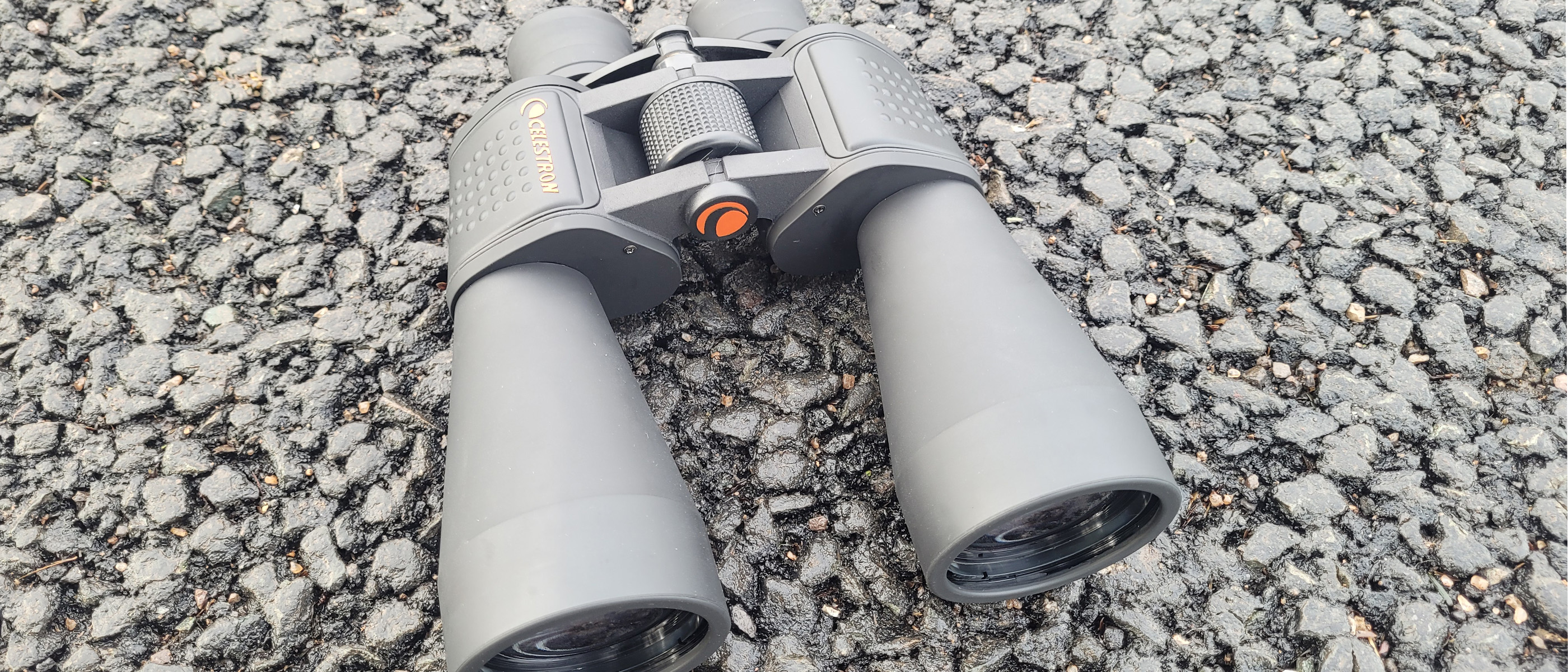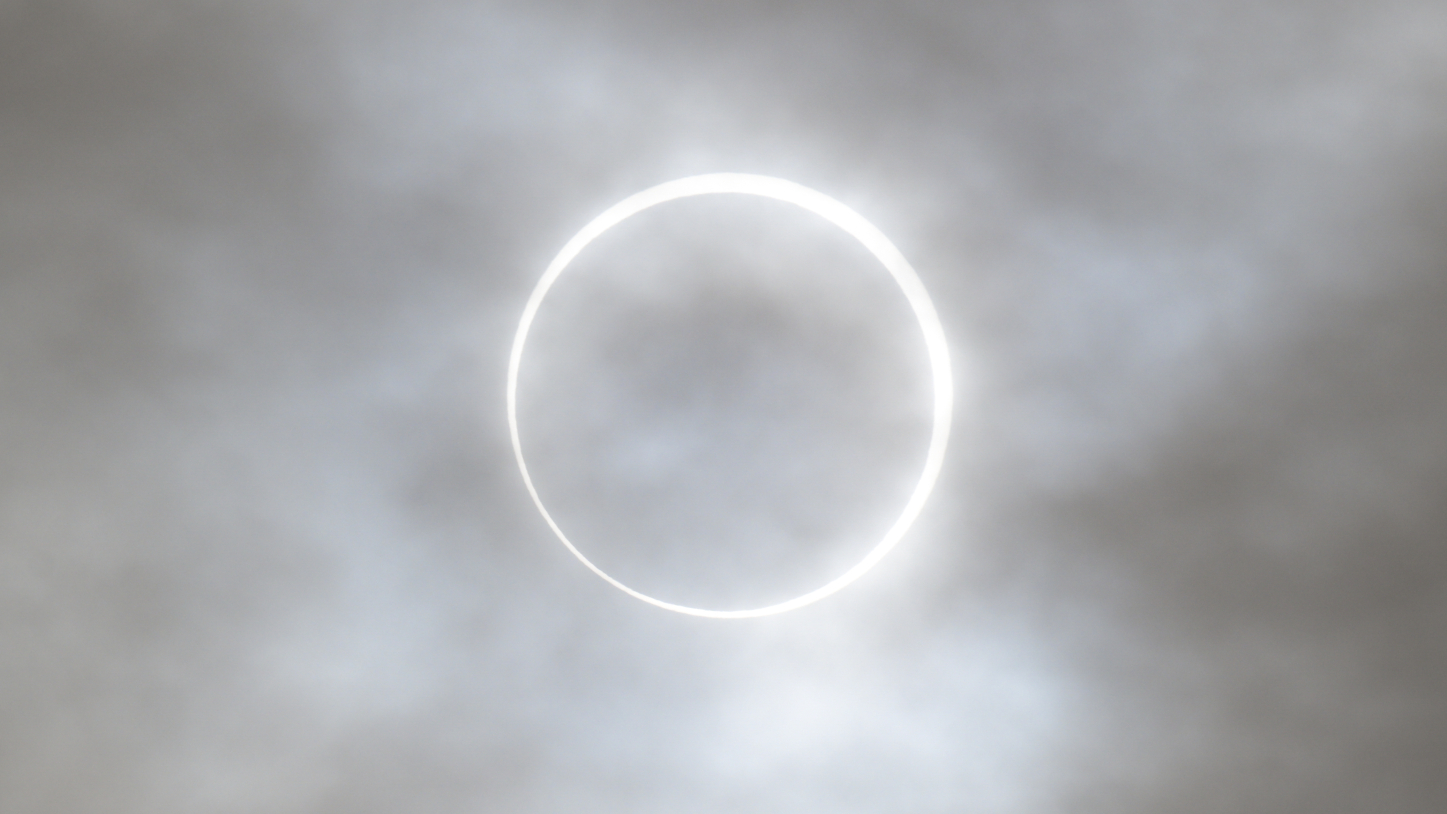Space Verdict
Great value for an excellent pair of low-light-friendly binoculars with fantastic specs and a quality design. The tripod adapter is especially welcome given the high magnification, and we love the spectacle-friendly features.
Pros
- +
A water-resistant exterior
- +
Large center focus knob
- +
A generous -4 to +8 diopter range
- +
Friendly for spectacles wearers
Cons
- -
Relatively heavy
- -
Lens caps are quite loose
- -
Poor (thin) neckstrap
Why you can trust Space.com
There's a lot of talk about the Celestron 12x60 SkyMaster binoculars being an excellent choice for anyone looking for high-quality binoculars without breaking the bank.
The large 60mm objective lenses gather plenty of light for viewing in low-light conditions. They boast high-quality optics with multi-coated lenses and BaK-4 glass prisms to provide clear and bright views. The 12x magnification gives detailed observations, especially with a tripod that can be attached to an adapter (Celestron 93524 Roof and Porro Binocular Tripod Adapter purchased separately).
Magnification: 12x
Objective lens diameter: 60 mm
Angular field of view: 5.4 degrees
Eye relief: 17mm/0.6 inches
Weight: 39.2 oz / 1111 g
The binoculars are water and fog resistant, making them perfect for outdoor and nighttime use. They come with a generous 17mm of eye relief, providing comfortable viewing for all users, including those wearing eyeglasses. We have spent a couple of weeks trying them out and we think they are an excellent choice for amateur astronomy, bird watching, and nature spotting.
Depending on what you plan to observe with your binoculars, we have a buying guide to suit. Head to our best binoculars guide to see some of our favorite alternative models, or perhaps you're looking for a pair of the best binoculars for kids or the best compact binoculars. Keep an eye on our binocular deals page for all the most up-to-date deals and prices.
Celestron SkyMaster 12x60 binoculars: Design
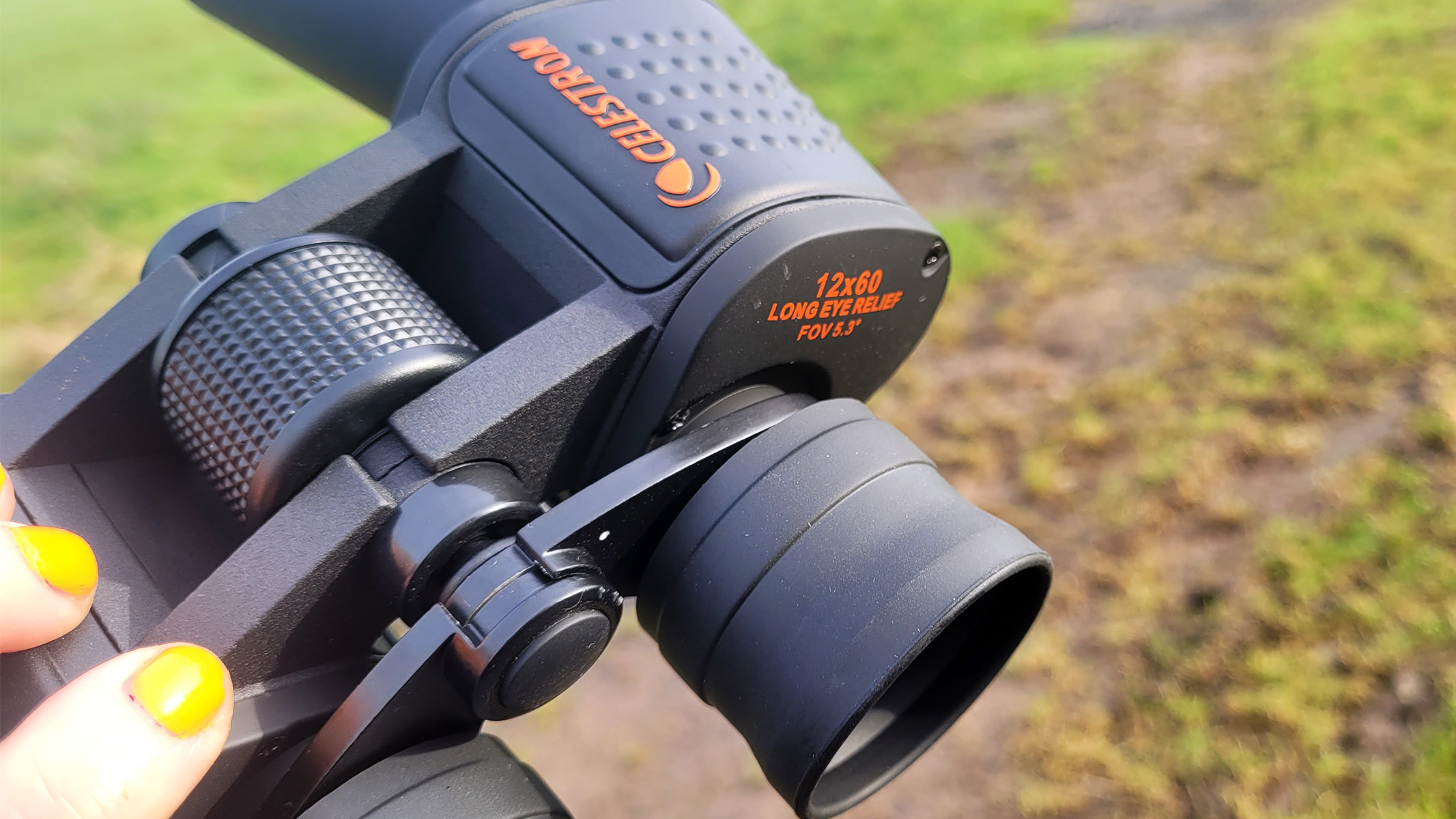
- Excellent build quality
- Porro prism design
- Pimpled rubber for extra grip
The Celestron SkyMaster 12x60 utilizes the Porro prism design. Porro prism binoculars have objective lens tubes that are offset from the eyepieces, allowing more light in and therefore, brighter, clearer views. The prism helps flip the image so it appears the right way around to your eyes. Without the prism, the image would appear upside down (like many telescopes).
Porro prism binoculars tend to be bigger than roof prism binoculars (you'll notice the eyepieces are close together while the objective lenses sit further apart). In roof prism binoculars, the tubes are straight, resulting in a smaller form factor. The smaller size is attractive to hikers and trekkers, although Porro prism binoculars tend to be cheaper, even though the images are generally of higher quality.
Carrying case
Objective lens caps
Double eyepiece cover
Neck strap
Carry pouch
Lens cleaning cloth
This is true with the Celestron SkyMaster 12x60 binoculars. They are very reasonably priced, given the specs, and allow enough light in for stargazing and astronomy, but they would take up a lot of space in your day pack.
Breaking space news, the latest updates on rocket launches, skywatching events and more!
The build quality of the binoculars is excellent, and the whole body is protected with a black rubber coating with some Celestron-typical orange branding. The rubber coating makes them water-resistant and easy to wipe clean, but it also gives you an excellent non-slip grip enhanced by small rubber pimples where you hold the binoculars. They feel very secure in the hand.
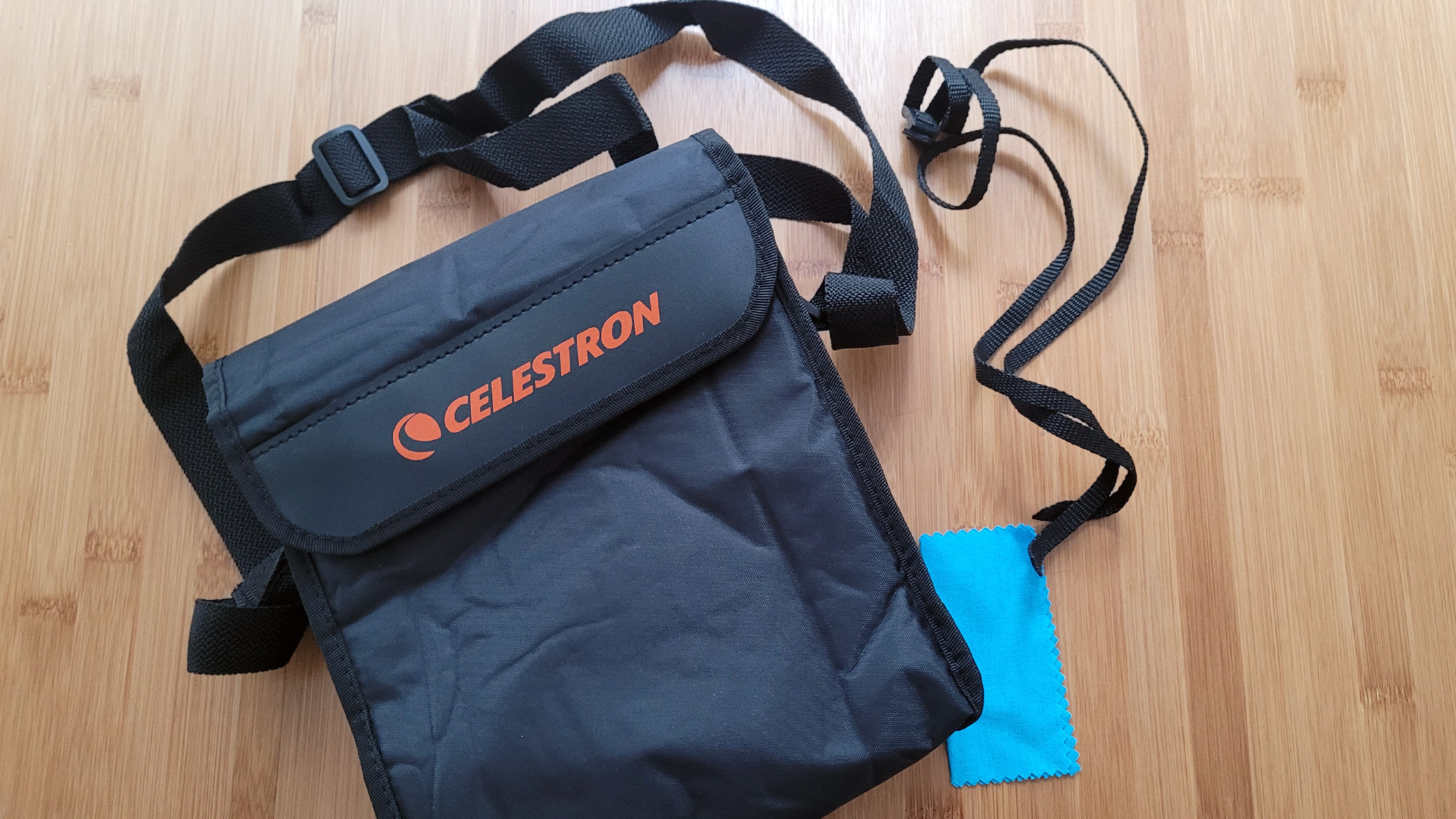
The SkyMaster 12x60 binocular, like the rest of Celestron's SkyMaster range, use BaK-4 glass. This high-density glass offers much better optical quality than the less desirable BK-7 glass that is generally found on very basic models, giving a better low-light performance.
Celestron SkyMaster 12x60 binoculars: Performance
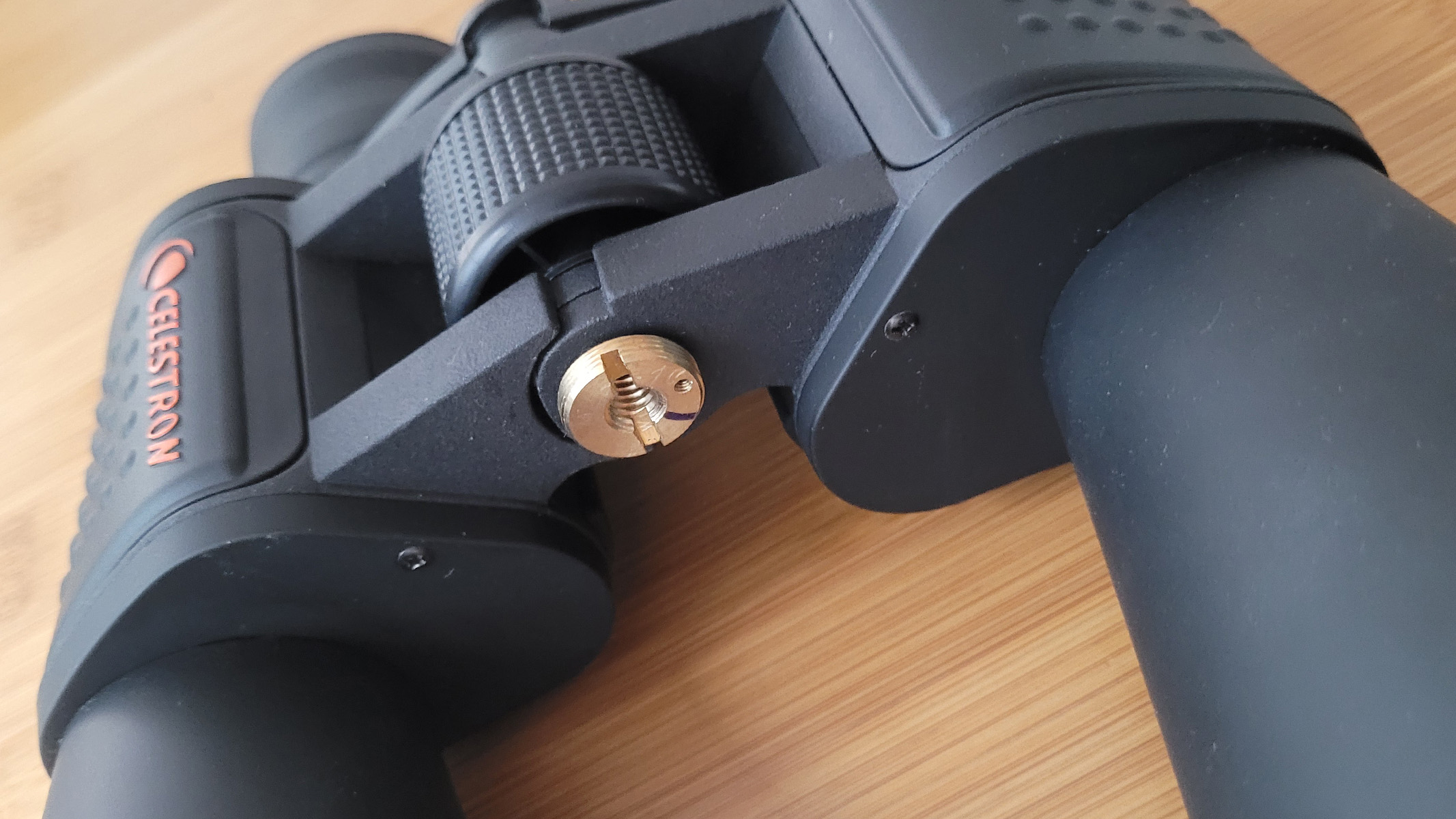
- Bright and colorful images
- Tripod adaptable
- 17mm eye relief
For the sub $100 price tag, we were really impressed with the quality of the views through these binoculars, both in the daytime, after sunset and into the night.
Because 12x is a large amount of magnification, it is best to lean the binoculars on something or sit on a chair with your elbows held against your body to steady your hand. Alternatively, and handily, these binoculars are tripod adaptable. You can get a reasonably priced tripod adapter (tripod adapter sold separately) that will drastically improve your stargazing experience.
They are comfortable to hold for users who have a steady hand, but we found them more enjoyable when attached to a stable tripod. This would be the case for beginners or younger observers, where the hand-held wobble would be too much to tolerate.
On a clear night when attached to a tripod, we could easily make out Jupiter and the four four Galilean moons: Io; Europa; Ganymede and Callisto. While you can't get up close and personal, you definitely see a lot more than you can with the naked eye. The Pleiades (Seven Sisters) were also pleasing to look at and the field of view is wide enough to find such celestial objects easily.
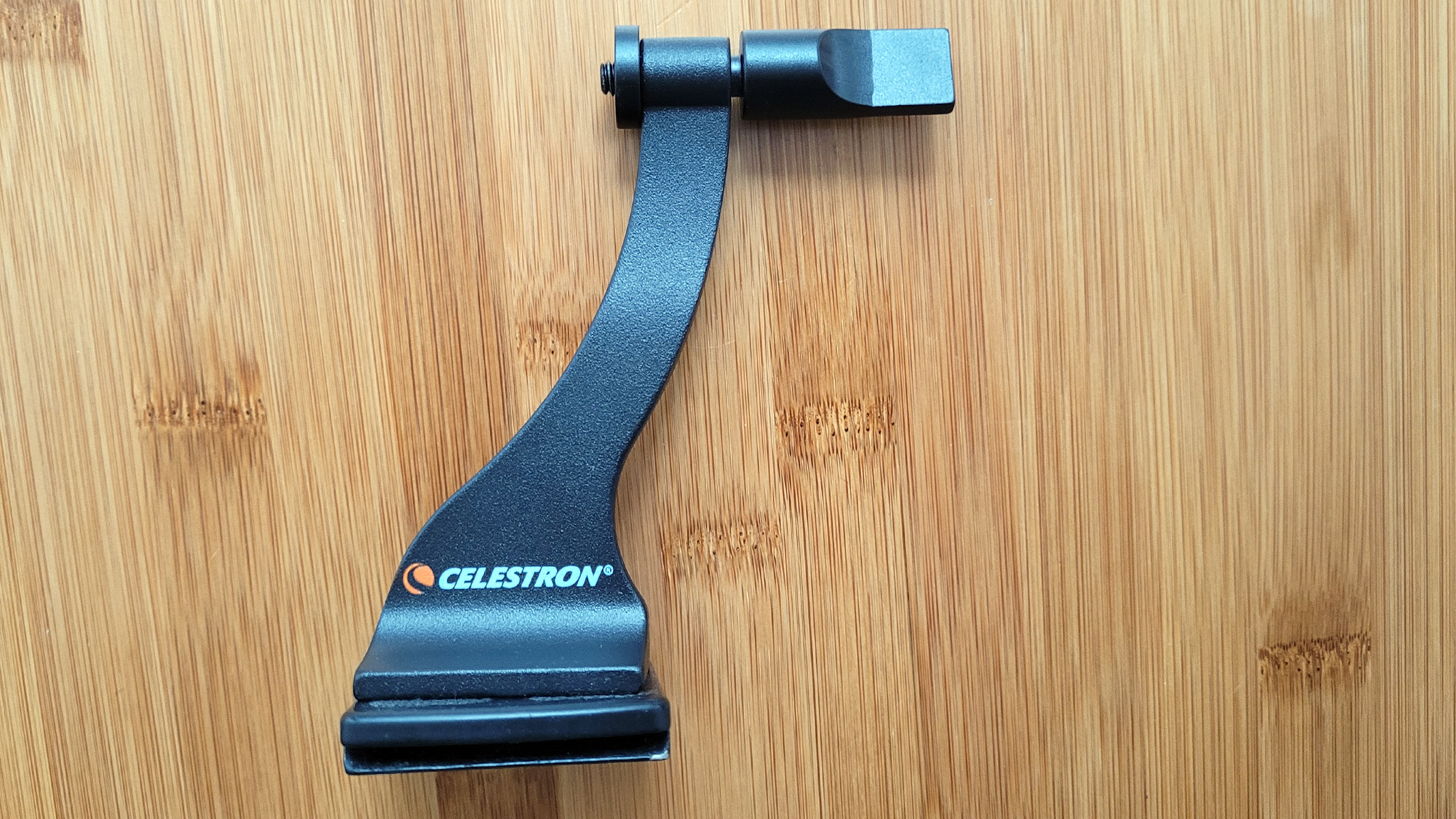
The focus knob is easy to turn, even with gloves. Sensitive enough, but not so much that you'll knock it out of place once focused.
Though they aren't nitrogen purged like higher-end models and although we regularly took them between climates of 68°F/20°C (indoors) and 24.8°F/-4°C (outside), we still didn't have any experience with the SkyMaster 12x60 fogging up, meaning we could get straight to observing.
We took these binoculars out in the daytime and were able to put them to practical use — to help with the search for a lost dog. The long-range views are sharp enough to see detail in bushes and fields far into the distance, and the field of view is wide enough to cover a large area at a time. Good news — the dog has now been found!
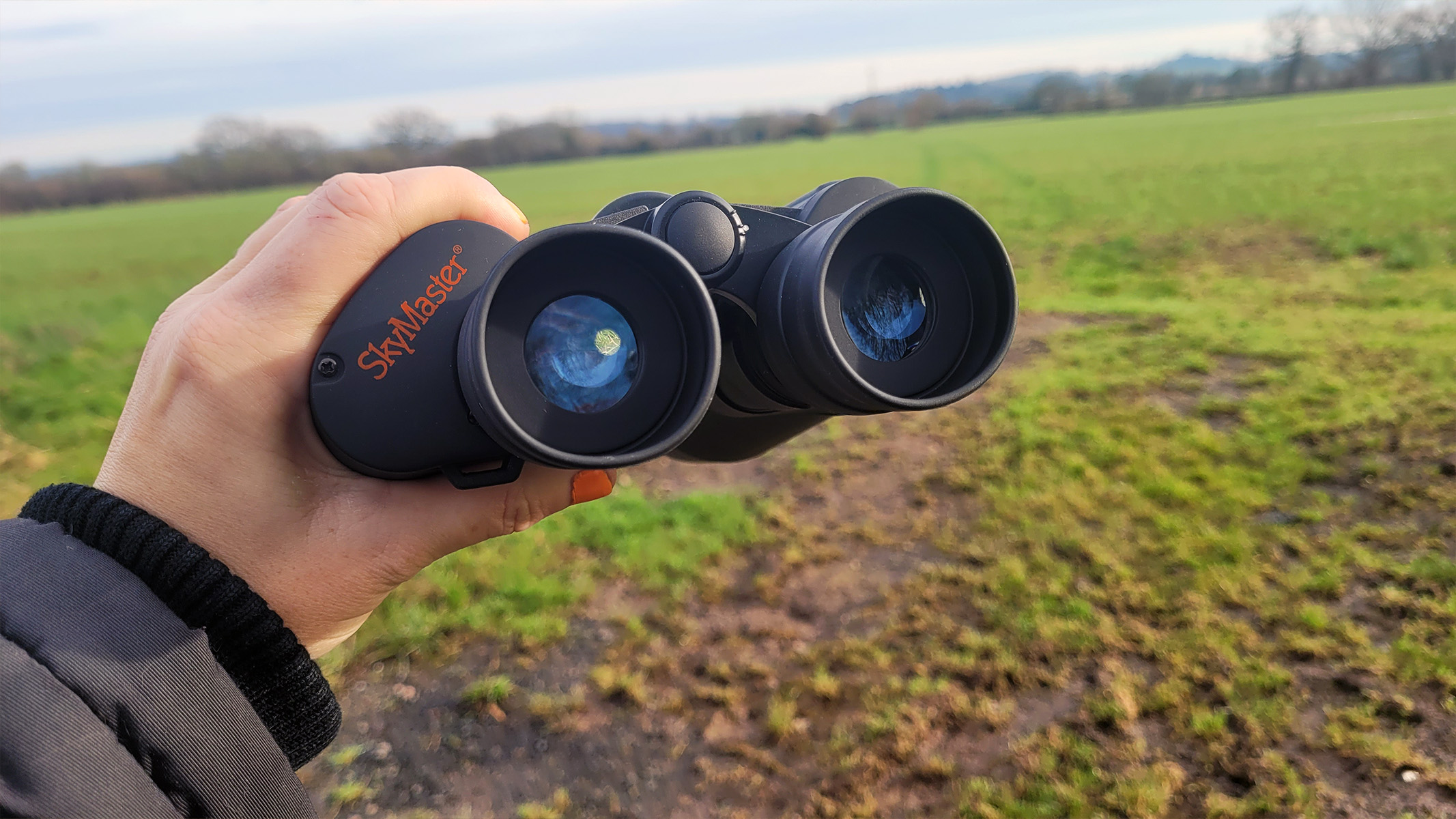
We noticed some chromatic aberration but again we were surprised there was only a tiny amount, given the affordable price of these binoculars. The colors seemed to be accurate with no noticeable tinge to speak of. The center of the views are sharp, but there is a noticeable fall-off in clarity as you get closer to the edges of the frame. This is expected but possibly a little frustrating, especially when using on a tripod where you may not want to keep centering your target.
Celestron SkyMaster 12x60 binoculars: Functionality
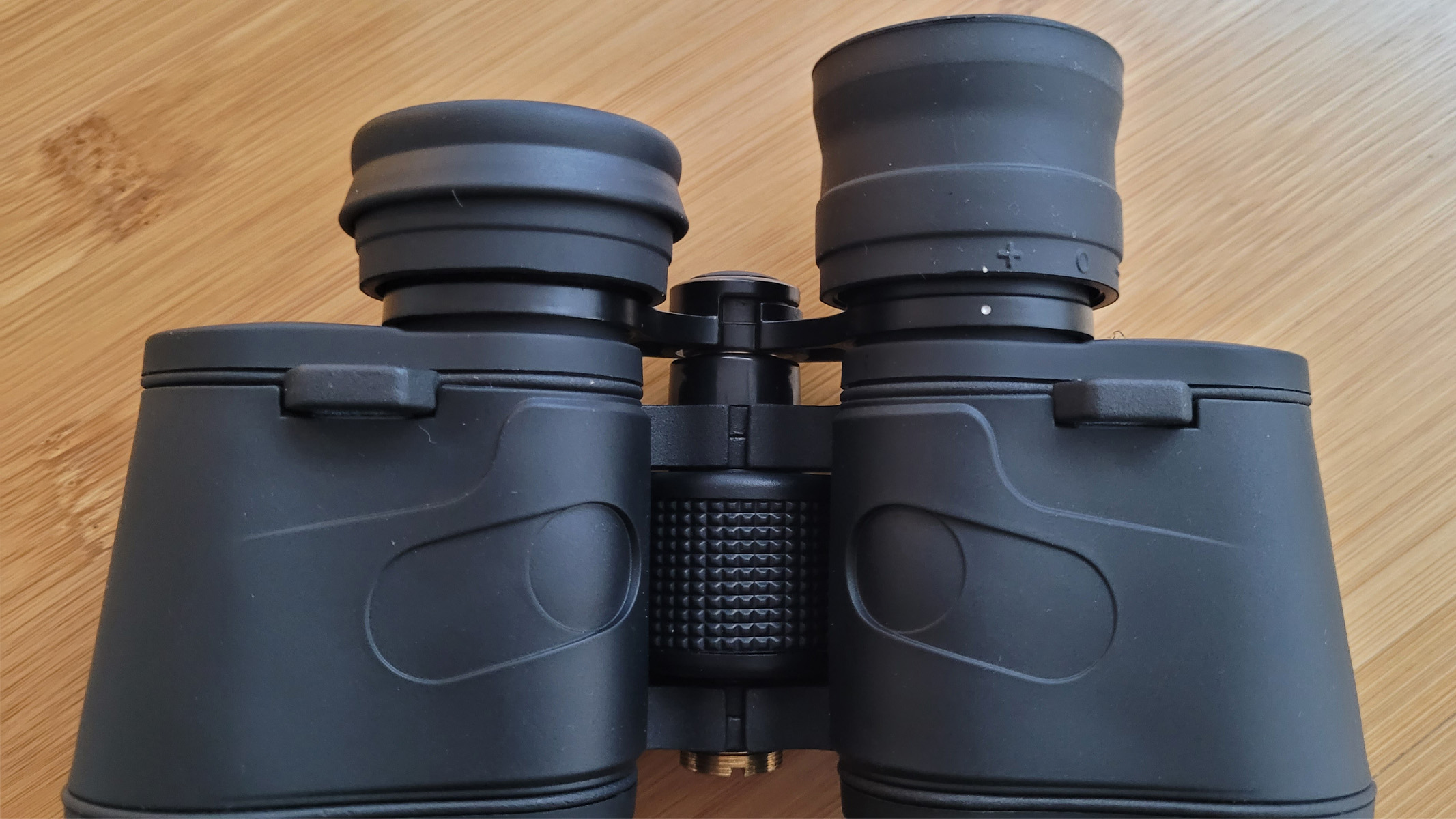
- Limited lifetime warranty
- Long eye-relief
- Generous diopter range
Diopters correct the differences in the focus between the two binocular barrels, allowing compensation in eye strength variations. Not only does this result in a clearer image for the user but it also reduces the chance of eyestrain and headaches. Many binoculars carry a diopter range from -4 to +4, but the Celestron 12x60's range is a generous -4 to +8, allowing for stronger adjustments for weaker strength eyes.
The long eye relief (17mm) enables spectacles wearers to view the entire field of view. The rubber eyecups fold down (so your glasses take up the eye relief space instead of the eyecups). They fold quickly and easily and stay folded, unlike some inferior binocular models that spring back up.
The provided neckstrap is somewhat lacking — it is very thin and wouldn't be comfortable to wear for long periods. We were also disappointed with the lens caps. There is a double cap for the eyepiece lenses and one on each objective lens. They are very loose and prone to falling off. Fine (if a bit annoying) in the daytime, but in the dark, we found a few occasions where they fell off without us noticing, and we needed to use a headlamp to locate them. Because they are thin rubber, you can't hear them fall either.
It is possible to attach the double eyepiece cap (providing your own material) but not the objective lens caps. Not a deal breaker if you are careful with your binoculars, but something to be aware of if you plan on stuffing them in and out of your bag where they might get scratched.
Should you buy the Celestron SkyMaster 12x60 binoculars?
For the price, you get the advantage of many specs that you'll find on more refined, expensive models. We are happy to recommend them as a great, quality pair of binoculars for first-time buyers or an extra pair to keep in your car or at home for amateur sky-watching and star gazing. They are also very handy for long-range terrestrial viewing, great for bird watching and nature spotting providing space in your day sack is not limited.
The 12x magnification and large 60mm objective lenses are excellent in low light and especially good for stargazing when mounted to a tripod. The optics are multi-coated, top-quality glass, with long eye relief and excellent build quality. Included Limited Lifetime Warranty protects against manufacture faults and defects in materials.
If the Celestron SkyMaster 12x60 binoculars aren't for you
For a more compact pair of more generalist binoculars, consider the Celestron TrailSeeker 8x42 which we reviewed. They are among the best roof prism binoculars on the market. They have similar basic specifications but also the bonus of being nitrogen purged and waterproof. As we discussed earlier, they are roof prisms, which are inherently more compact than the Porro pair in this review.
We consider the Canon 10x42L IS WP binoculars some of the best astronomy binoculars money can buy, which is why they sit at the top of our Best binoculars buying guide, but they do come with a very substantial price tag. For a more affordable option, consider the Opticon Adventurer II WP 10x50 binoculars, also in our best binoculars round-up. They are in a similar price bracket to the Celestron SkyMaster 12x60 but have superior fully coated optics. They are a roof prism design, smaller and much lighter too. They lack the same premium-quality finish as the Celestron pair here, but if you aren't too worried about aesthetics, they could be a good alternative choice.

Tantse Walter is a writer, photographer and travel enthusiast that has spent over a decade facilitating global adventurous expeditions. She loves getting into the nitty-gritty of sourcing and planning itineraries, getting out and about in nature, and admiring the night sky.
